5 Mistakes Beginners Make While Scuba Diving
Scuba diving is a popular water sport enjoyed by people of all ages. It can be a great way to explore the world beneath the waves, and it offers a variety of health benefits. Yet, there are some common mistakes that beginners make when learning how to scuba dive. Here are five of the most common:
Not equalizing properly and frequently during the dive

When you dive, the pressure of the water around you compresses your body. To avoid injury to your ears, you must equalize the pressure in your middle ear and sinuses. There are a few ways to equalize, and they work differently for each diver. The most common is the Valsalva maneuver. You can perform it by pinching your nose shut and gently blowing out.
Do not equalize only when you feel discomfort. Instead, perform an equalizing maneuver every few moments before any pain.
If you have any ear problems, you should seek medical aid before diving.
Rising from the dive too quickly
Divers are warned about the dangers of ascending too quickly, but many people don’t know why this is such a concern. Ascending too quickly can cause decompression sickness, also known as the bends. This condition can be very dangerous and even fatal.
Decompression sickness occurs when gas bubbles form in the blood and tissues. These can cause a feeling of pins and needles, numbness or tingling in the fingers, hands, feet or toes, pain, and even death. The best way to avoid decompression sickness is to ascend slowly and allow the gas bubbles time to dissipate.
Most dive computers have decompression tables within them and trigger an alarm in case you ascend too fast. Some certification agencies suggest that you shouldn’t ascend faster than 18 meters per minute, while others insist that you should rise no more than 9 meters per minute. When it comes to scuba diving safety, you should always err on the safe side.
If you do not have a dive computer, one way to check your ascend rate is to make sure that you are not faster than your last bubbles.
Not checking their gear before diving
Inattention to detail can often lead to accidents while diving. One of the most common reasons for diving accidents is divers not checking their gear properly before getting in the water. This includes making sure that regulators are functioning, as well as ensuring that BCDs and weight belts are fastened.
Failing to do a proper check can lead to problems. Not being able to trim properly, mask and fin straps tearing, losing weight belts, losing tanks, and many others that can put you in distress.
That is one great reason why you should always respect the buddy system. Always remember to perform a pre-dive buddy check. If you have problems remembering the steps, try using this mnemonic device:
Bruce Willis Ruins All Films.
- B = BCD: Check if it is strapped properly. Then make sure that the inflator button and try deflating it.
- W = Weights: Make sure that your buddy has its weight on and get familiar with it.
- R = Releases: Check if all releases are fastened and secure. Make sure you know how to quickly remove your buddy diving gear, if necessary.
- A = Air: Believe it or not, this is frequently overlooked. Make sure you and your buddy have enough air to perform the dive and be back on the boat safely. To test it, put your regulator in your mouth and take several deep breaths looking at the monitoring device. With this step, you will know if the air monitoring device is working, if your valve tank is open, how much air is available, and check if the air tastes ok. Don’t forget to test the alternate air source as well and make sure you and your buddy know how to locate it, if necessary.
- F = Final Check: Make sure you have all your gear with you. Perform a final visual check on your buddy gear and secure any loose equipment that may damage the reef and increase your drag.
Getting separated from diving buddy

Divers can become separated from their buddies for many reasons. Some of them are getting lost, running into trouble, or simply not seeing each other in the water. To stay safe while diving, always make sure that you and your buddy are aware of each other’s location. If you do become separated, try not to panic; instead, follow these steps
- Remain calm and try to find your buddy
- If you can’t find your buddy, surface and call out for help
- Use hand signals or whistles to communicate with your buddy
- If you’re still unable to find your buddy, return to the boat or shore.
In any situation, always remember the basic rule of diving: never dive alone.
It’s important to remember that diving is a team sport; if something happens to one member of the team, everyone suffers.
Ignoring the dive master’s instructions and not diving the dive plan
The dive master’s instructions are not to be ignored, even if you think you know better. Doing so can be dangerous, both for you and for the rest of the dive group.
Remember that the dive master is an experienced diver who has put together a dive plan based on the conditions and his or her knowledge of the area. The plan may call for a specific route or depth, and it’s essential to stick to it as much as possible.
If you have questions about the plan or feel like you need to make a change, speak up! But don’t make changes just because you think you know better. Remember, the dive master is in charge underwater and knows what’s best for the group.
These mistakes can be easily avoided by taking your time and keeping calm. Never rush to get in or out of the water. Scuba diving can be a very relaxing sport.
Remember, the most important thing is to have fun and enjoy your time under the water.
Disclosure: This post may contain affiliate links, which means that DIVEMONDO may receive a small commission if you make a purchase using these links. As an Amazon Associate this website earn from qualifying purchases.

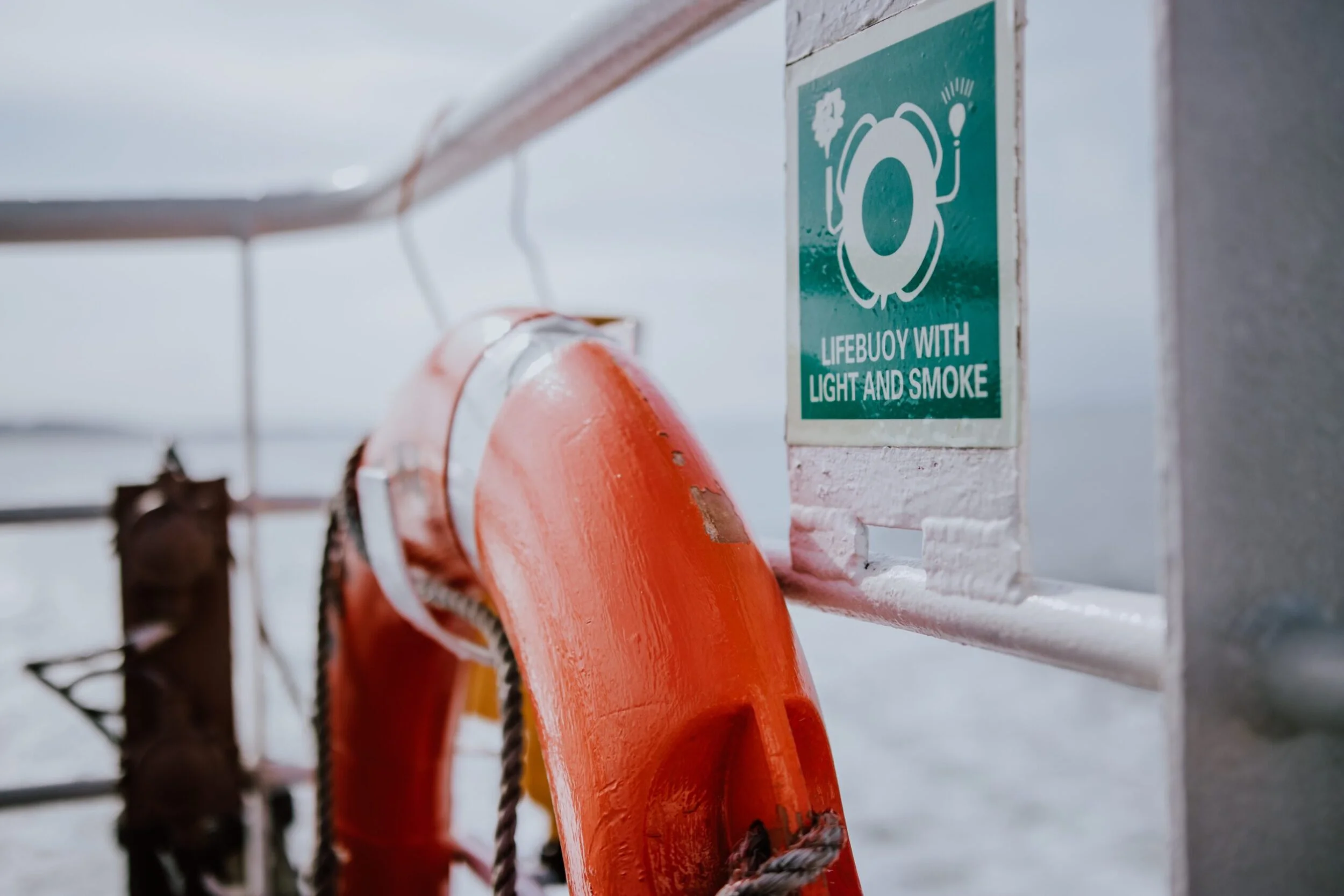

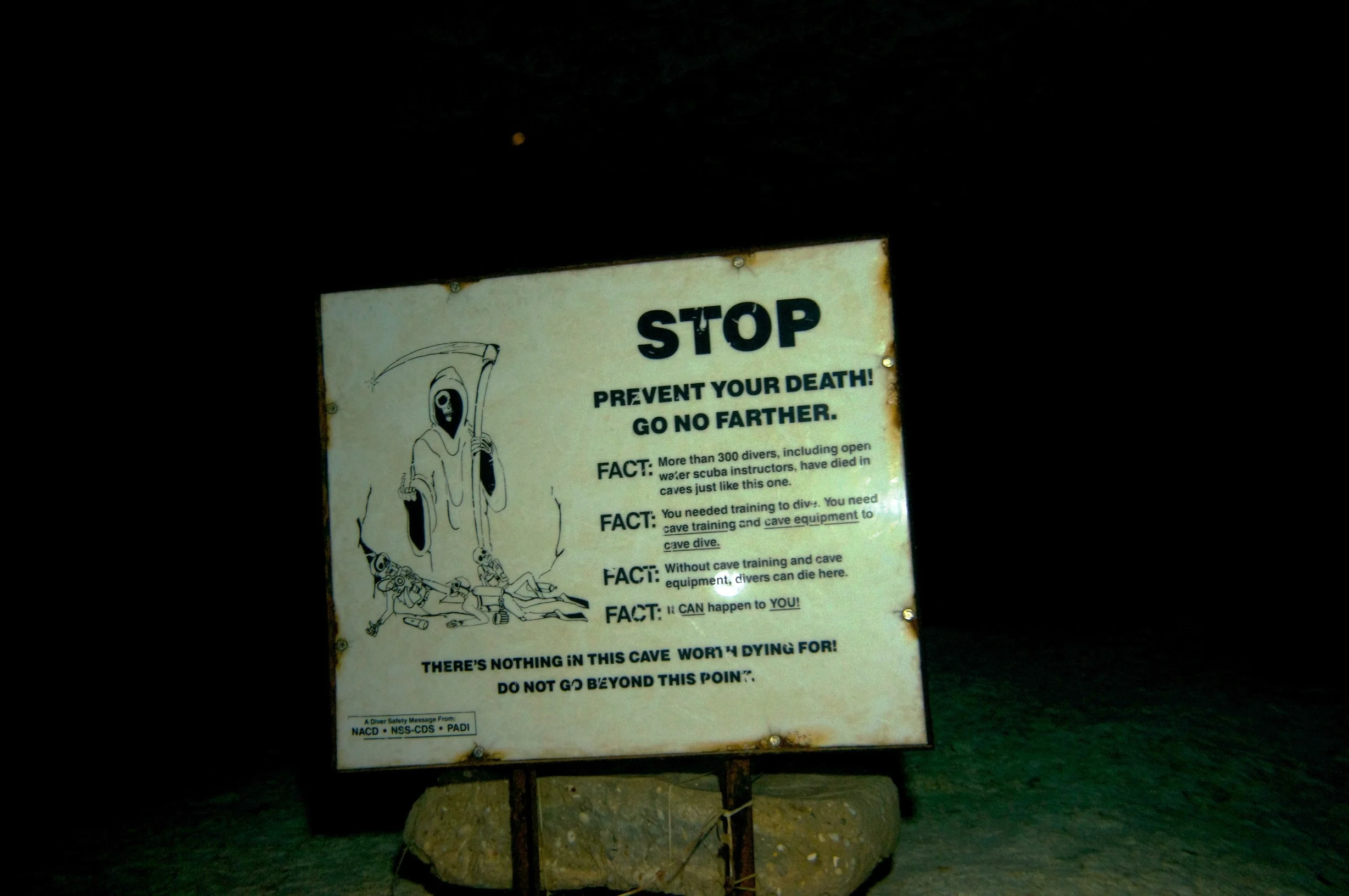
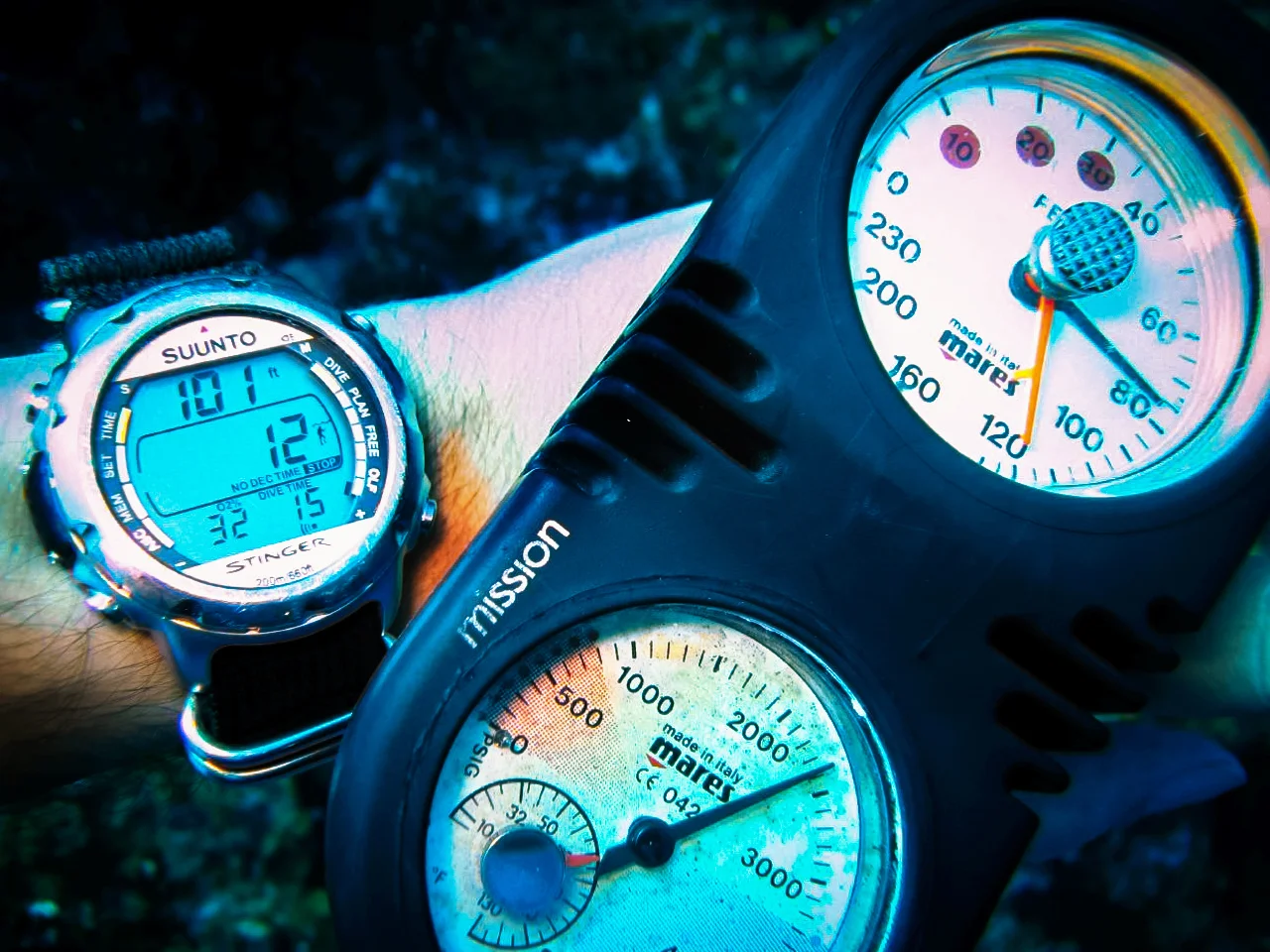
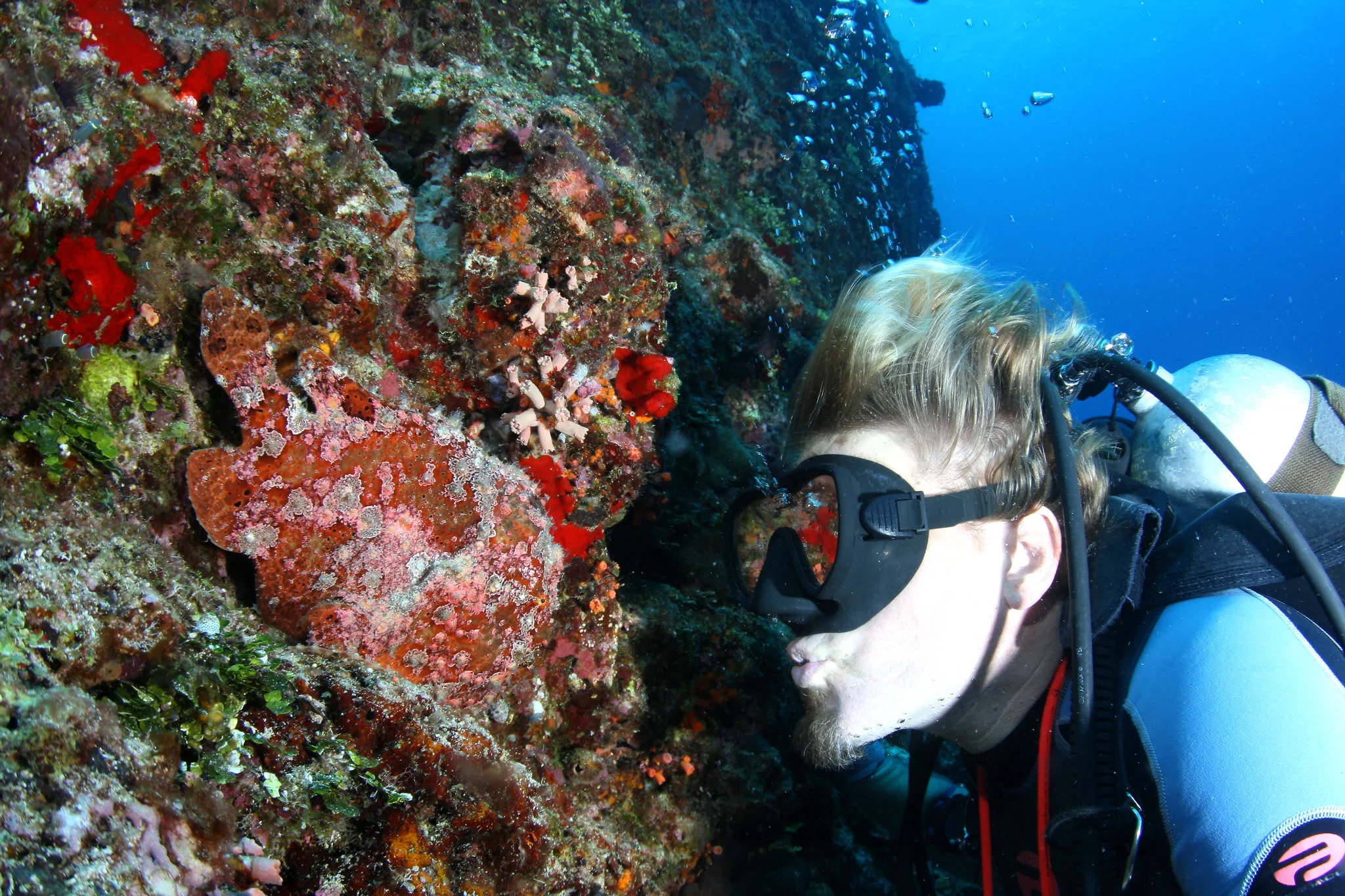
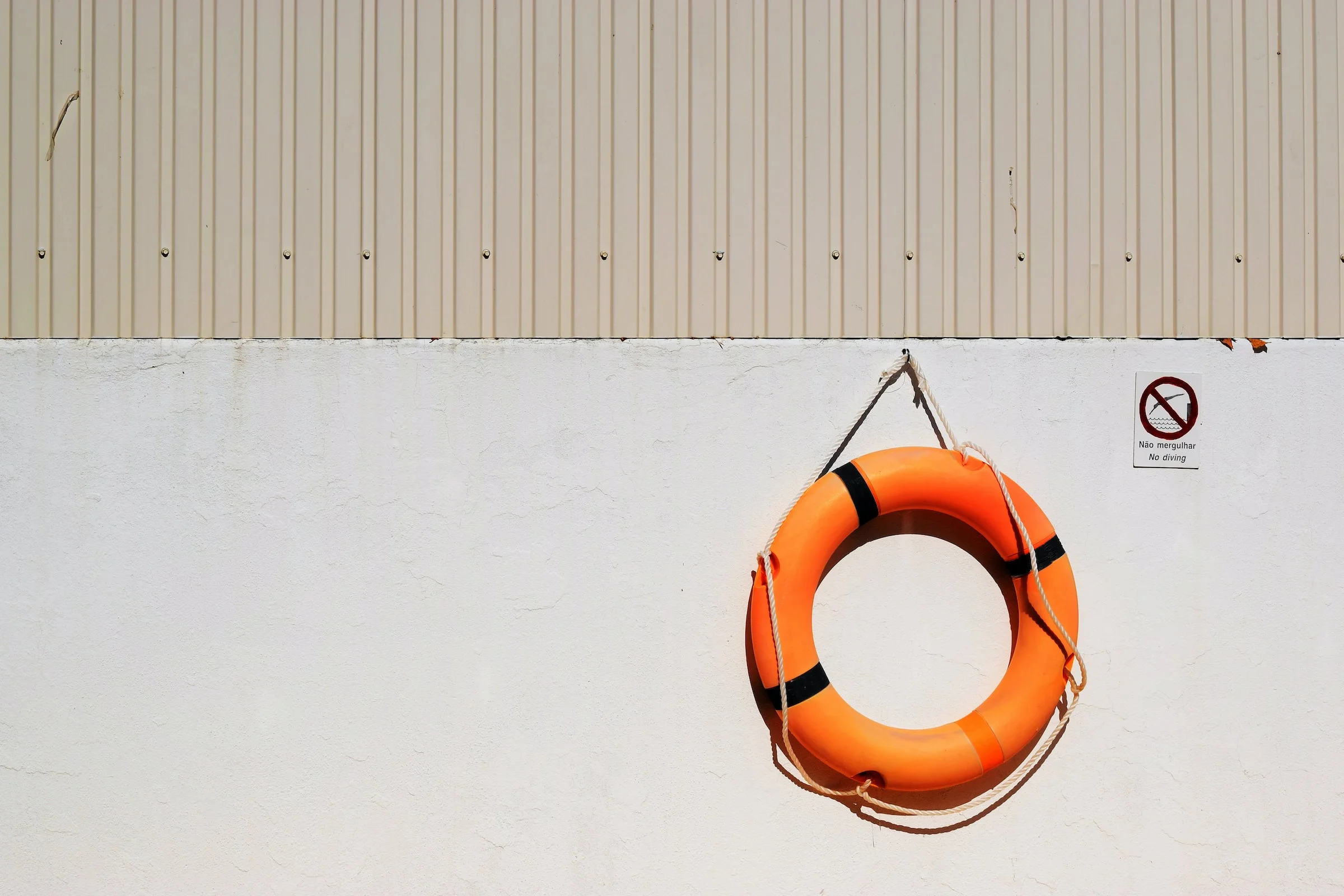




Leave a Reply